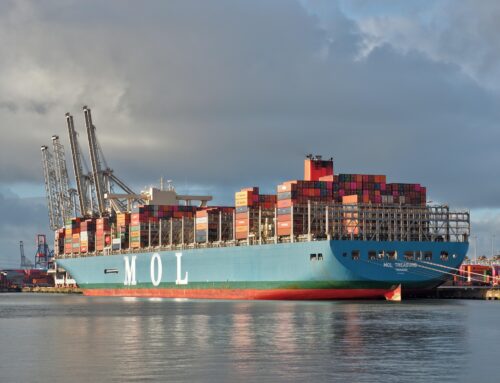The former Australian Prime Minister Tony Abbott said, “The bullying of small nations by big ones, the trampling of justice and decency in the pursuit of national aggrandizement, and the reckless indifference to human life, should have no place in our world.” It goes without saying that what is happening in Ukraine is horrendous and we all feel for the innocents that are suffering because of Russia’s invasion.
Situations like these also heighten uncertainty in the markets, which translates into volatility. The day the invasion began, US markets initially traded down roughly 3% before staging a late-day rally to close up 1.5% for the day. That rally continued Friday with the market closing up over 2% for the day. Today the S&P 500 is mostly flat as Russia and Ukraine meet for talks even while fighting continues. Volatility is even more extreme in the energy markets with oil trading at more than $95 per barrel, a 40+% increase from early December. What is unclear is the extent to which this crisis will expand into something bigger and have spillover effects into areas of the economy beyond energy.
The markets began correcting in early January with several concerns on the horizon: rising inflation and the likelihood of interest rate hikes by the Federal Reserve, the massing of Russian troops near Ukraine, and the fact that we had not had a 10%+ correction in more than a year. Given these issues, it is difficult to point to any one of them being the primary reason for the markets being down roughly 10% from the early January all-time highs. Therefore, I think it is best to take a wait-and-see approach before making significant changes to the way your portfolios are currently being managed.
It is also important to note that our approach of focusing on profitable, high-quality, dividend-paying stocks should serve us particularly well. As I said throughout the pandemic, instead of using grim news reports to drive your thinking about the economy and your portfolio, instead focus on the companies you own, asking yourself the question, will this company’s profits be meaningfully hurt by what is happening? Will Apple sell many fewer iPhones or apps? Will Amazon sell less “stuff” through its platform? Will Microsoft, GM, Walmart, Google, Pepsico, or Pfizer profits be hurt by this situation? In most cases, the answer is no and that provides another reason to sit tight, at least for now.
If you have questions or would like to talk, please let me know.






